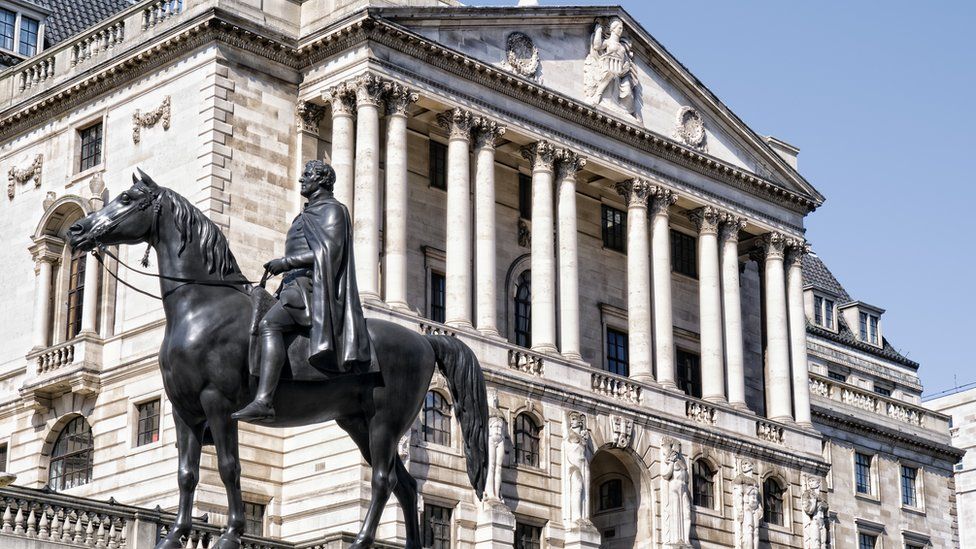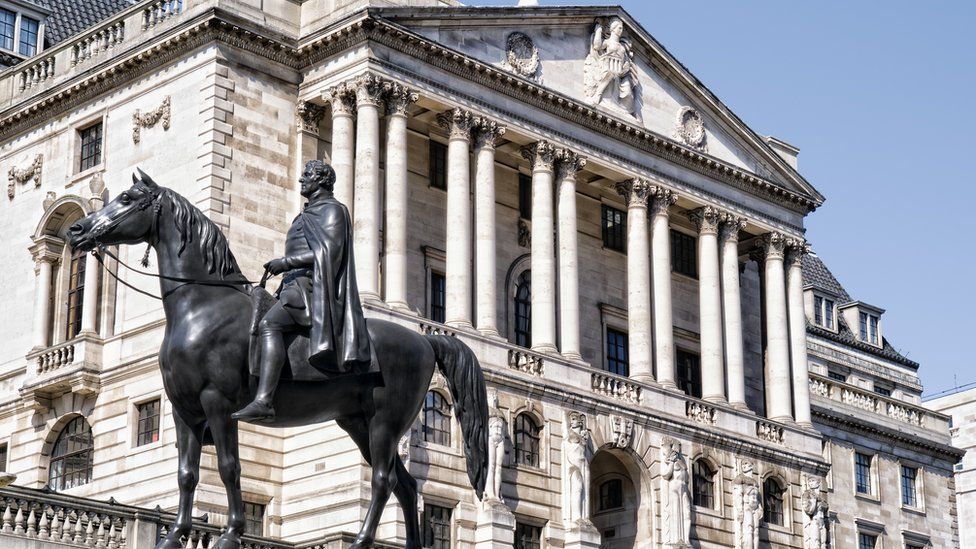
The Bank of England
LONDON, Sept 29 (NNN-Xinhua) — The Bank of England (BoE) announced temporary purchases of long-dated United Kingdom (UK) government bonds “on whatever scale is necessary”, in an emergency move to restore orderly market conditions.
Auctions started on Wednesday and will take place on each weekday until Oct 14. The BoE said it stands ready to purchase conventional gilts with a residual maturity of more than 20 years in the secondary market, initially at a rate of up to 5 billion British pounds (5.4 billion U.S. dollars) per auction.
These parameters will be kept under review in the light of prevailing market conditions, and the purchases will be unwound in a smooth and orderly fashion once risks to market functioning are judged to have subsided, the BoE added.
In this way, it is restarting quantitative easing (QE). However, this is being done for financial stability reasons rather than monetary policy reasons, said chief UK economist at Capital Economics consultancy Paul Dales.
Considering current market conditions, the BoE said it has also postponed gilt sale operations that were due to commence next week.
The measures show that the central bank will do all it can to prevent a financial crisis, and they are already working, Dales said. Nevertheless, “the fact that it needed to be done in the first place shows that the UK markets are in a perilous position,” he added.
On Friday, the UK government unveiled the largest tax cut package since 1972. This has thrown financial markets into turmoil as the British pound collapsed, and government borrowing costs rose sharply. Investors are concerned that the policy will ramp up public borrowing, bring serious fiscal uncertainty and push up inflation, which is already high.
The repricing of UK and global financial assets has become more significant in the past day, and it is particularly affecting long-dated UK government debt, the BoE said on Wednesday.
“Were dysfunction in this market to continue or worsen, there would be a material risk to UK financial stability,” it added.
Wednesday’s emergency action came after the BoE said on Monday it would make a full assessment of the impact on demand and inflation of the government’s announcements, dampening the prospects of an emergency rate rise to shore up the pound.
The decision to intervene in the gilt market reveals that the BoE does not intend to increase the interest rate all the way to the 6 percent level currently priced-in by markets, said Samuel Tombs, chief UK economist at Pantheon Macroeconomics consultancy.
“Short rates at that level would imply that many households and businesses simply would not be able to keep up their monthly loan repayments, and pension funds could not meet their obligations, threatening financial stability,” Tombs added.
Following the BoE announcement on Wednesday, UK government bond markets recovered but the pound fell, although it later rebounded to around 1.09 U.S. dollars.
Fawad Razaqzada, a market analyst for the financial services provider City Index, said that although “the UK bond market may calm down due to the BoE’s actions,” this is not good news for the pound.
The supply of pounds as a result of the BoE’s intervention will increase at the same time as the government’s tax cuts bill. This will further increase inflation, Razaqzada added. — NNN-XINHUA






